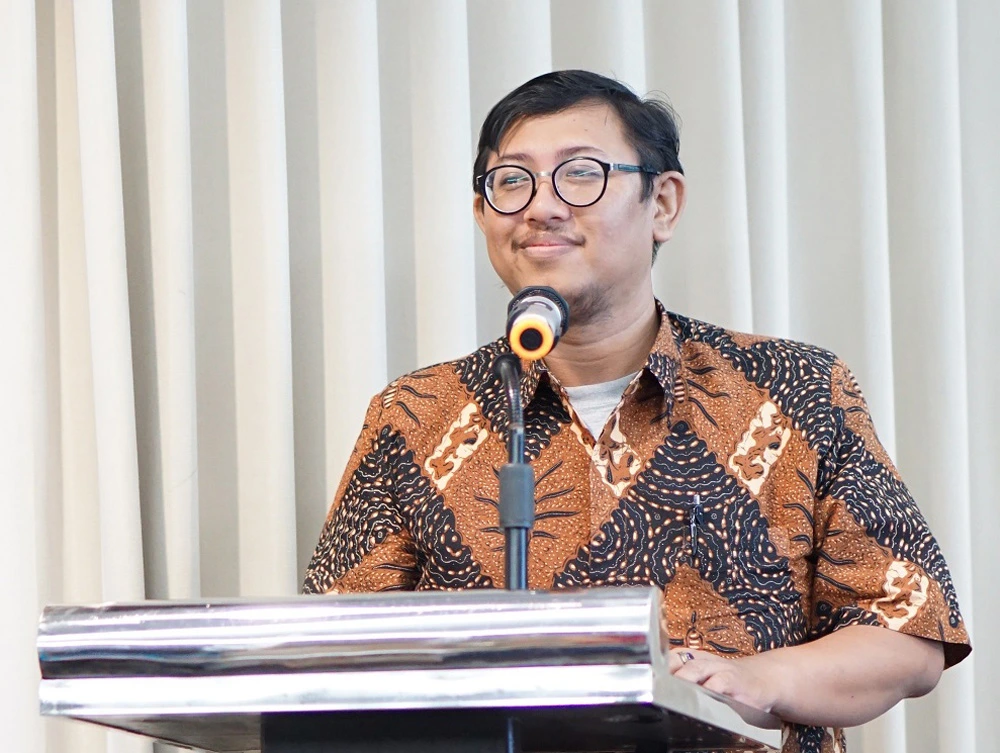UNAIR NEWS – The recent surge in COVID-19 cases has once again drawn public attention. While the current wave is not as intense as during the pandemic’s peak, the public should remain alert, according to Dr. Agung Dwi Wahyu Widodo, M.Si., an immunology specialist at Universitas Airlangga’s Faculty of Medicine (FK).
Dr. Widodo emphasized that despite being less severe than previous surges, the current rise in infections still poses a real threat. “It’s been about four years since the pandemic began. A moderate increase in cases is still considered within expectations. However, that doesn’t mean we can let our guard down. The virus hasn’t disappeared—it has simply mutated to spread more easily, although symptoms are often milder,” he explained.
Nimbus variant and underlying factors
Dr. Widodo identified three primary drivers behind the resurgence: the emergence of new variants, waning population immunity, and behavioral changes following the pandemic. Together, these factors have created conditions conducive to renewed viral spread.
“This new variant is a mutation of Omicron, with strains ranging from JN.1 to NB.1.8.1. The NB.1.8.1 variant, known as ‘Nimbus,’ shows substantial differences in spike protein structure compared to earlier Omicron strains,” he noted.

Shifting weather patterns have also contributed to the weakened immunity of the population. Instead of typical heat, cooler and rainier conditions have become common—creating an environment that facilitates the spread of SARS-CoV-2, much like when the virus first emerged.
“These seasonal shifts are lowering people’s immune responses. At the same time, many believe COVID-19 is no longer a threat, leading them to disregard health protocols. But the absence of widespread testing doesn’t mean the virus is gone,” he warned.
Dr. Widodo further cautioned that the decline in testing and contact tracing is making it harder to identify infections. Many individuals experiencing symptoms like coughing or congestion may not realize they’re infected with COVID-19, allowing undetected transmission to continue.
New vaccines and role of collective prevention
Dr. Widodo expressed concern over the decreasing effectiveness of older vaccines against current variants. Mutated strains such as Omicron and Nimbus can evade immune responses triggered by earlier vaccines, creating new challenges in combating transmission.
He stressed the importance of developing updated vaccines tailored to the newer Omicron variants. “We need a new generation of vaccines, similar to the annual flu shot. These updated versions could offer better protection,” he said.
He also encouraged the public to maintain a healthy lifestyle to bolster their immune systems. This includes eating nutritious foods, getting adequate sleep, exercising regularly, and managing stress. Dr. Widodo also reminded the public to continue practicing basic safety measures, including wearing masks in public spaces.
Author: Ameyliarti Bunga Lestari
Editor: Yulia Rohmawati









